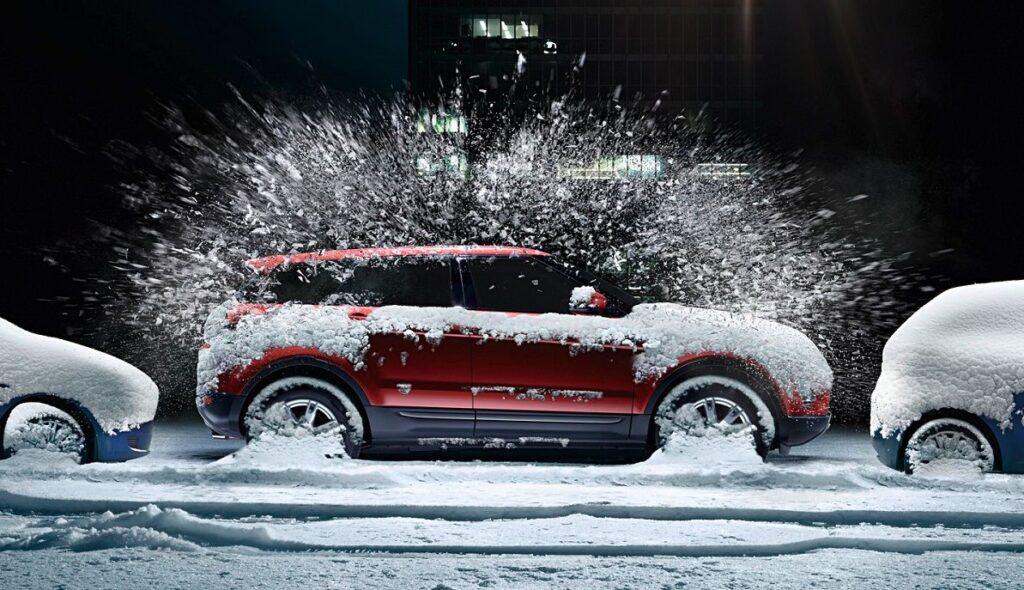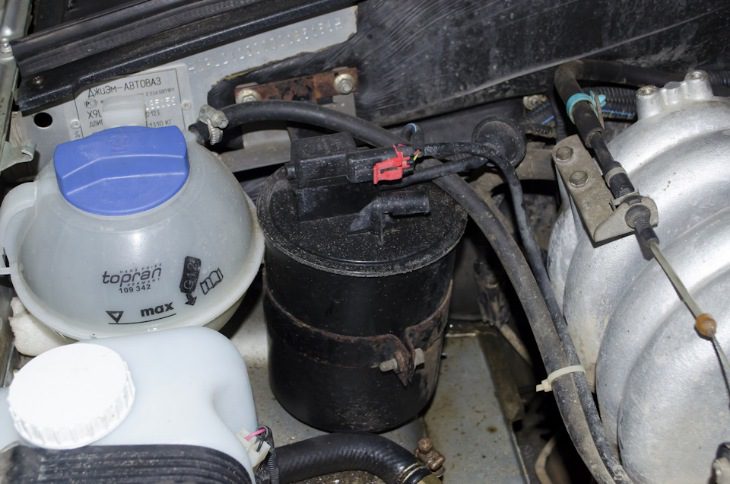
Diesel starting problem This is what you need to know when refueling your car in winter
 To avoid seasonal problems with the operation of cars, owners will prevent checking the condition of the batteries, replacing the washer fluid or radiator fluid, long before the first frost. However, despite previous actions, the arrival of extreme temperatures can still surprise, especially owners of vehicles with a diesel engine - uneven operation, "interruptions" and even a complete stop of the engine.
To avoid seasonal problems with the operation of cars, owners will prevent checking the condition of the batteries, replacing the washer fluid or radiator fluid, long before the first frost. However, despite previous actions, the arrival of extreme temperatures can still surprise, especially owners of vehicles with a diesel engine - uneven operation, "interruptions" and even a complete stop of the engine.
According to a study commissioned by Circle K from SW Research in 2018, Poles who take care of their cars during the winter season, in addition to changing tires and washer fluid (74%) and radiators (49%), also choose to have their cars inspected by a mechanic ( 33%) and begin to garage the car (25%). With the onset of low temperatures, drivers experience, among other things, frostbite in door locks (53%), frozen windshield washer fluid (43%) or engine stalling while driving (32%). For diesel car owners, the most common problem is the inability to start the vehicle (53%) or starting only after many attempts (60%). Despite this, only 11,4% of drivers indicate poor fuel quality as the reason, and only 5,5% - dirty filters.
However, not all respondents are aware of the importance of proper fuel quality. When asked about the type of fuel refueled during the last winter season, survey participants indicated, respectively: standard diesel fuel - 46%, premium diesel fuel (29%), winter diesel fuel (23,5%), universal all-weather oil. diesel fuel (15%) and arctic diesel fuel (4,9%). It's worth noting that as many as 15% of respondents say they use multipurpose oil year-round, even though it's not available year-round. This indicates a low awareness of what winter fuel is in general.
See also: Speed measurement. Police radar is illegal
Low temperatures limit the performance of diesel fuel, so in winter conditions the engine needs fuel to prepare it for trouble-free operation.
Diesel fuel naturally becomes cloudy at low temperatures. On very cold days, this process can increase fuel consumption or even make it impossible to start. That is why the diesel fuel offered on the ski slopes in winter contains additives that contribute to trouble-free driving.
In winter, when choosing diesel fuel, you should pay attention to the so-called. cloud point and cold filter plugging point (CFPP). In Poland, according to the standard in winter, CFPP should be at least -16 degrees Celsius from November 20 to the end of February. From March 1 to April 15 and from October 1 to November 15, the standards require -15 degrees Celsius, and from April 16 to September 30 no more than 0 degrees Celsius.
Depressants added to the oil hinder the natural clouding of the fuel at low temperatures. This is actually a positive change as the fuel filter can more easily handle the flow of finer paraffin crystals. Other additives slow down the fall of already crystallized paraffins to the bottom of the tank. This is important because fuel it is sucked in from the bottom of the tank and if there is a layer of paraffin, the filter can quickly become clogged.
When refueling a car in winter, you need to remember a few basic rules:
In order not to be surprised by low temperatures or the sudden appearance of climatic conditions, as in the far north, it is best to start filling up with Arctic oil in advance.
Refueling should always be done completely, because the moist air that collects in the engine condenses and thus water enters the fuel.
Drivers should also remember not to mix arctic fuel with other diesel fuel. The addition of even a small amount of another grade degrades the low-temperature properties of the fuel.
See also: How to care for the battery?

